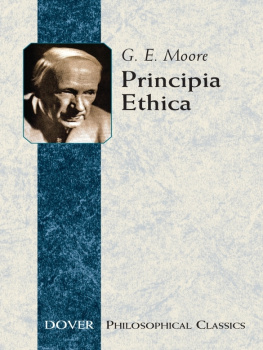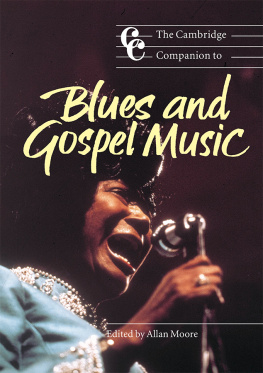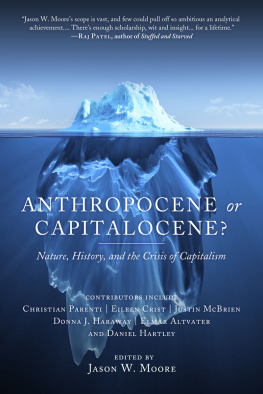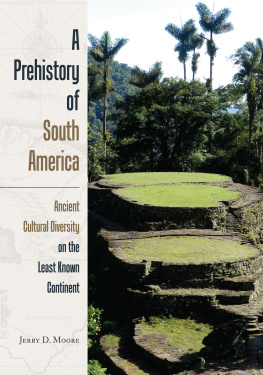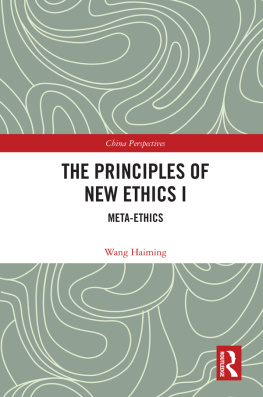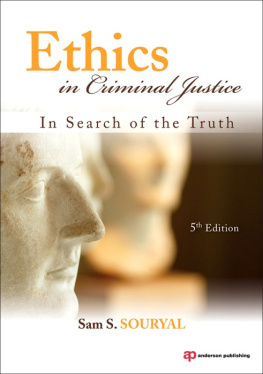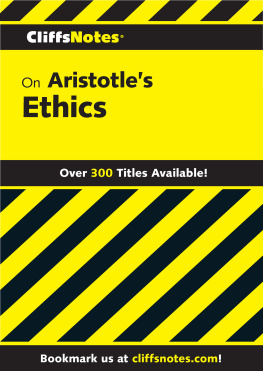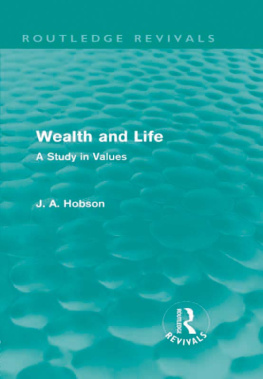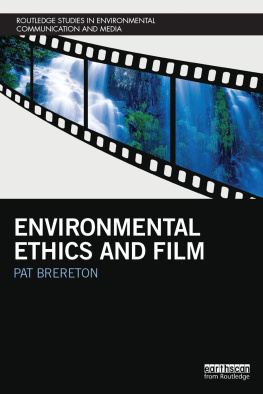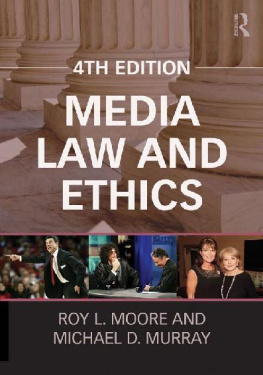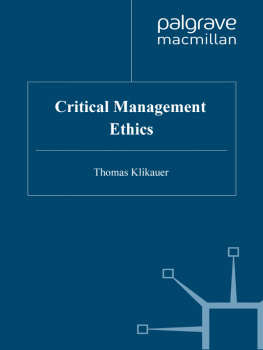Moore - Principia Ethica
Here you can read online Moore - Principia Ethica full text of the book (entire story) in english for free. Download pdf and epub, get meaning, cover and reviews about this ebook. year: 2012, publisher: Dover Publications, genre: Science. Description of the work, (preface) as well as reviews are available. Best literature library LitArk.com created for fans of good reading and offers a wide selection of genres:
Romance novel
Science fiction
Adventure
Detective
Science
History
Home and family
Prose
Art
Politics
Computer
Non-fiction
Religion
Business
Children
Humor
Choose a favorite category and find really read worthwhile books. Enjoy immersion in the world of imagination, feel the emotions of the characters or learn something new for yourself, make an fascinating discovery.
Principia Ethica: summary, description and annotation
We offer to read an annotation, description, summary or preface (depends on what the author of the book "Principia Ethica" wrote himself). If you haven't found the necessary information about the book — write in the comments, we will try to find it.
Moore: author's other books
Who wrote Principia Ethica? Find out the surname, the name of the author of the book and a list of all author's works by series.
Principia Ethica — read online for free the complete book (whole text) full work
Below is the text of the book, divided by pages. System saving the place of the last page read, allows you to conveniently read the book "Principia Ethica" online for free, without having to search again every time where you left off. Put a bookmark, and you can go to the page where you finished reading at any time.
Font size:
Interval:
Bookmark:
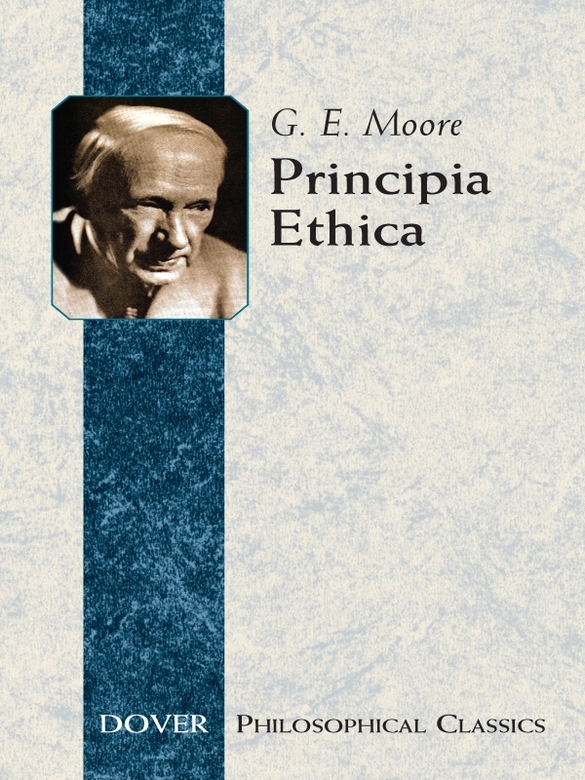
IT is very easy to point out some among our every-day judgments, with the truth of which Ethics is undoubtedly concerned. Whenever we say, So and so is a good man, or That fellow is a villain; whenever we ask, What ought I to do? or Is it wrong for me to do like this?; whenever we hazard such remarks as Temperance is a virtue and drunkenness a viceit is undoubtedly the business of Ethics to discuss such questions and such statements; to argue what is the true answer when we ask what it is right to do, and to give reasons for thinking that our statements about the character of persons or the morality of actions are true or false. In the vast majority of cases, where we make statements involving any of the terms virtue, vice, duty, right, ought, god, bad, we are making ethical judgments; and if we wish to discuss their truth, we shall be discussing a point of Ethics.
So much as this is not disputed; but it falls very far short of defining the province of Ethics. That province may indeed be defined as the whole truth about that which is at the same time common to all such judgments and peculiar to them. But we have still to ask the question: What is it that is thus common and peculiar? And this is a question to which very different answers have been given by ethical philosophers of acknowledged reputation, and none of them, perhaps, completely satisfactory.
If we take such examples as those given above, we shall not be far wrong in saying that they are all of them concerned with the question of conductwith the question, what, in the conduct of us, human beings, is good, and what is bad, what is right, and what is wrong. For when we say that a man is good, we commonly mean that he acts rightly; when we say that drunkenness is a vice, we commonly mean that to get drunk is a wrong or wicked action. And this discussion of human conduct is, in fact, that with which the name Ethics is most intimately associated. It is so associated by derivation; and conduct is undoubtedly by far the commonest and most generally interesting object of ethical judgments.
Accordingly, we find that many ethical philosophers are disposed to accept as an adequate definition of Ethics the statement that it deals with the question what is good or bad in human conduct. They hold that its enquiries are properly confined to conduct or to practice; they hold that the name practical philosophy covers all the matter with which it has to do. Now, without discussing the proper meaning of the word (for verbal questions are properly left to the writers of dictionaries and other persons interested in literature; philosophy, as we shall see, has no concern with them), I may say that I intend to use Ethics to cover more than thisa usage, for which there is, I think, quite sufficient authority. I am using it to cover an enquiry for which, at all events, there is nc other word: the general enquiry into what is good.
Ethics is undoubtedly concerned with the question what good conduct is; but, being concerned with this, it obviously does not start at the beginning, unless it is prepared to tell us what is good as well as what is conduct. For good conduct is a complex notion: all conduct is not good; for some is certainly bad and some may be indifferent. And on the other hand, other things, beside conduct, may be good; and if they are so, then, good denotes some property, that is common to them and conduct; and if we examine good conduct alone of all good things, then we shall be in danger of mistaking for this property, some property which is not shared by those other things: and thus we shall have made a mistake about Ethics even in this limited sense; for we shall not know what good conduct really is. This is a mistake which many writers have actually made, from limiting their enquiry to conduct. And hence I shall try to avoid it by considering first what is good in general; hoping, that if we can arrive at any certainty about this, it will be much easier to settle the question of good conduct: for we all know pretty well what conduct is. This, then, is our first question: What is good? and What is bad? and to the discussion of this question (or these questions) I give the name of Ethics, since that science must, at all events, include it.
But this is a question which may have many meanings. If, for example, each of us were to say I am doing good now or I had a good dinner yesterday, these statements would each of them be some sort of answer to our question, although perhaps a false one. So, too, when A asks B what school he ought to send his son to, Bs answer will certainly be an ethical judgment. And similarly all distribution of praise or blame to any personage or thing that has existed, now exists, or will exist, does give some answer to the question What is good? In all such cases some particular thing is judged to be good or bad: the question What? is answered by This. But this is not the sense in which a scientific Ethics asks the question. Not one, of all the many million answers of this kind, which must be true, can form a part of an ethical system; although that science must contain reasons and principles sufficient for deciding on the truth of all of them. There are far too many persons, things and events in the world, past, present, or to come, for a discussion of their individual merits to be embraced in any science. Ethics, therefore, does not deal at all with facts of this nature, facts that are unique, individual, absolutely particular; facts with which such studies as history, geography, astronomy, are compelled, in part at least, to deal. And, for this reason, it is not the business of the ethical philosopher to give personal advice or exhortation.
But there is another meaning which may be given to the question What is good? Books are good would be an answer to it, though an answer obviously false; for some books are very bad indeed. And ethical judgments of this kind do indeed belong to Ethics; though I shall not deal with many of them. Such is the judgment Pleasure is gooda judgment, of which Ethics should discuss the truth, although it is not nearly as important as that other judgment, with which we shall be much occupied presentlyPleasure alone is good. It is judgments of this sort, which are made in such books on Ethics as contain a list of virtuesin Aristotles Ethics for example. But it is judgments of precisely the same kind, which form the substance of what is commonly supposed to be a study different from Ethics, and one much less respectablethe study of Casuistry. We may be told that Casuistry differs from Ethics, in that it is much more detailed and particular, Ethics much more general. But it is most important to notice that Casuistry does not deal with anything that is absolutely particularparticular in the only sense in which a perfectly precise line can be drawn between it and what is general. It is not particular in the sense just noticed, the sense in which this book is a particular book, and As friends advice particular advice. Casuistry may indeed be more particular and Ethics more general; but that means that they differ only in degree and not in kind. And this is universally true of particular and general, when used in this common, but inaccurate, sense. So far as Ethics allows itself to give lists of virtues or even to name constituents of the Ideal, it is indistinguishable from Casuistry. Both alike deal with what is general, in the sense in which physics and chemistry deal with what is general. Just as chemistry aims at discovering what are the properties of oxygen, wherever it occurs , and not only of this or that particular specimen of oxygen; so Casuistry aims at discovering what actions are good, whenever they occur . In this respect Ethics and Casuistry alike are to be classed with such sciences as physics, chemistry and physiology, in their absolute distinction from those of which history and geography are instances. And it is to be noted that, owing to their detailed nature, casuistical investigations are actually nearer to physics and to chemistry than are the investigations usually assigned to Ethics. For just as physics cannot rest content with the discovery that light is propagated by waves of ether, but must go on to discover the particular nature of the ether-waves corresponding to each several colour; so Casuistry, not content with the general law that charity is a virtue must attempt to discover the relative merits of every different form of charity. Casuistry forms, therefore, part of the ideal of ethical science: Ethics cannot be complete without it. The defects of Casuistry are not defects of principle; no objection can be taken to its aim and object. It has failed only because it is far too difficult a subject to be treated adequately in our present state of knowledge. The casuist has been unable to distinguish, in the cases which he treats, those elements upon which their value depends. Hence he often thinks two cases to be alike in respect of value, when in reality they are alike only in some other respect. It is to mistakes of this kind that the pernicious influence of such investigations has been due. For Casuistry is the goal of ethical investigation. It cannot be safely attempted at the beginning of our studies, but only at the end.
Font size:
Interval:
Bookmark:
Similar books «Principia Ethica»
Look at similar books to Principia Ethica. We have selected literature similar in name and meaning in the hope of providing readers with more options to find new, interesting, not yet read works.
Discussion, reviews of the book Principia Ethica and just readers' own opinions. Leave your comments, write what you think about the work, its meaning or the main characters. Specify what exactly you liked and what you didn't like, and why you think so.

